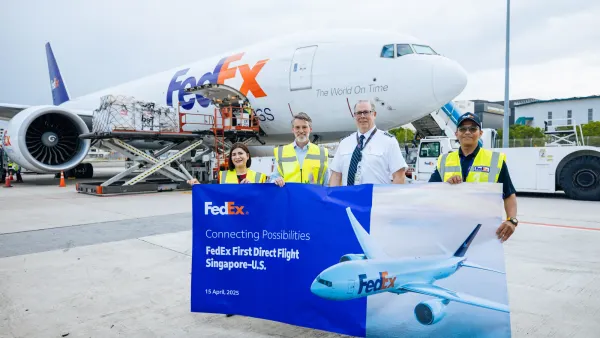Dive Brief:
- A new report from the Business and Human Rights Centre found modern slavery, human trafficking and human rights abuses are continuing "under cover" in Pacific tuna fish supply chains. The center surveyed 35 canned tuna companies, representing over 80 major global brands, and found two-thirds of them have human rights policies in place, but only one, Thai Union, could actually provide details.
- Tuna supply chains are remote and opaque, the report said, and the policies many of the surveyed brands have in place act as a "fig leaf," giving them plausible deniability under the law when incidents of abuse occur, the Centre said. Despite none of the companies surveyed admitting to cases of slavery in their supply chains, the center said reports have surfaced of "migrant workers bought and sold as unpaid slaves, and tossed overboard if they complain or get injured."
- The report found even among companies with human rights policies in place, high-risk supply chain employees often did not have access to mechanisms to report abuse.
Dive Insight:
Forced labor is a global supply chain issue and has been for some time. The International Labor Organization reports approximately 21 million people are forced laborers worldwide, with the Asia-Pacific region (which accounts for 56% of the global enslaved population) being the most high-risk for workers and the most profitable for commercial enterprises.The fishing industry accounts for 11% of the global enslaved population.
According to the center's report, the accelerating demand for cheap seafood worldwide, combined with illegal and overfishing practices and dropping profit margins, contribute to the exploitation of workers in the Pacific fishing industry.
"Workers are often required to pay hefty recruitment fees, leading to debt bondage. Once on-board vessels, workers can be at sea for months, and face ... grinding work with inadequate food, water, sleep and rest breaks; cramped, dirty and dangerous conditions with limited protective equipment or safety training; regular physical and verbal abuse and even death," the Centre found.
In-country fleet operators are often unaware of human rights laws and best practices, which, combined with a systemic lack of reporting systems, contributes to and masks widespread abuse.
Thai Union, Bumble Bee Foods and Clover Leaf Seafoods are positive outliers among the companies surveyed as they have "implemented multiple actions which include digital traceability of fish, protections for migrant fishers and restrictions on recruitment fees and on trans-shipment," according to the report.
The center recommends others in the industry follow suit, taking action to ensure their supply chain practices are in compliance with international laws that prohibit forced labor and outline minimally acceptable working standards in the fishing industry. The center also hopes greater consumer demand for product transparency and ethical sourcing will put economic pressure on businesses to take this issue more seriously.














